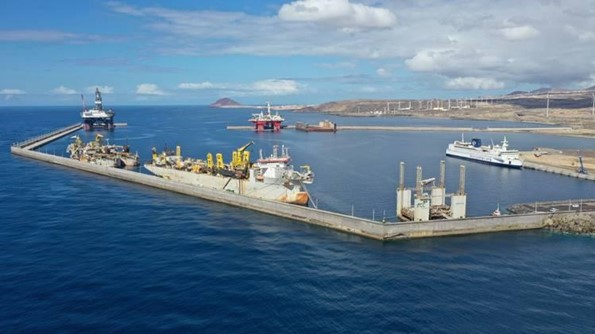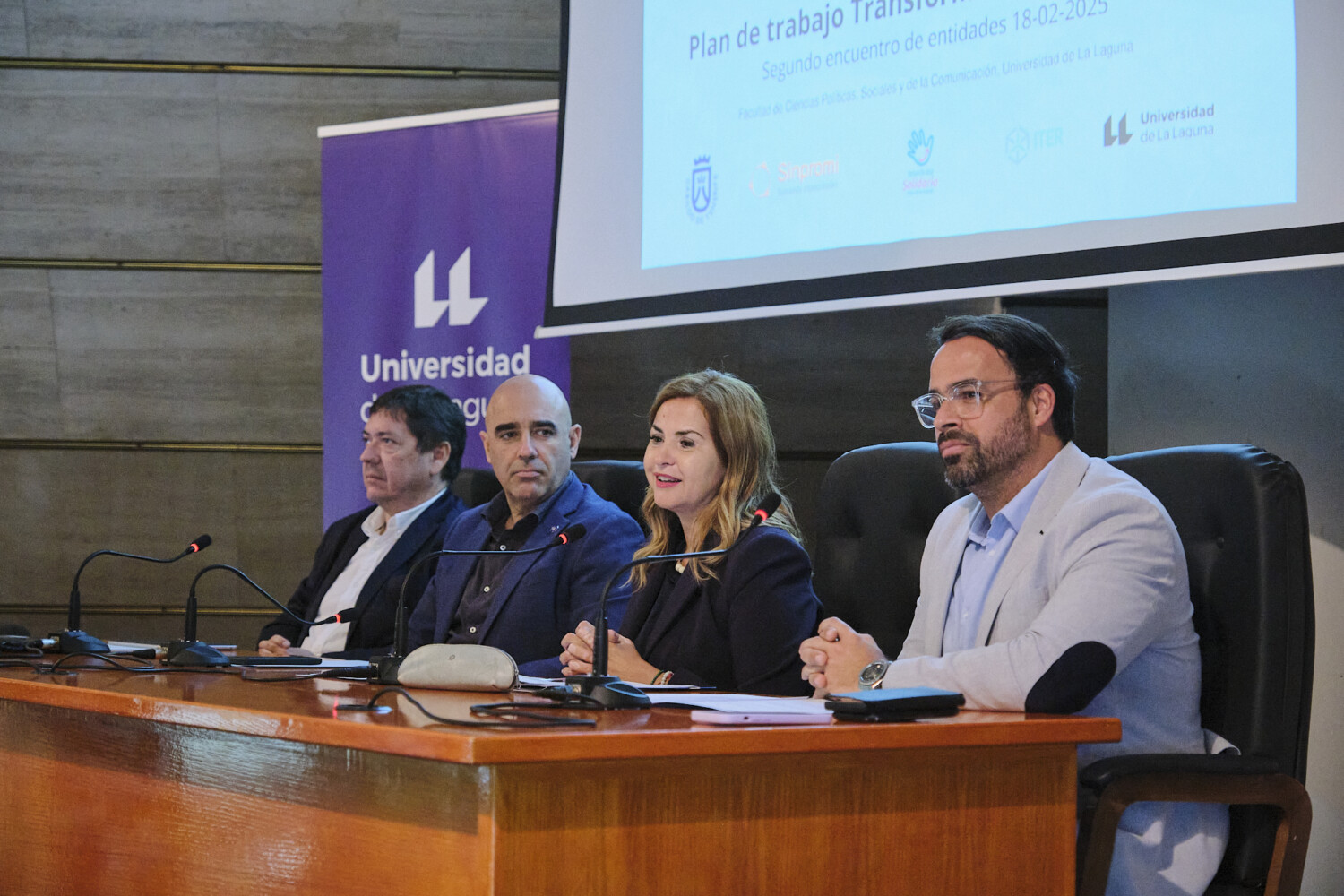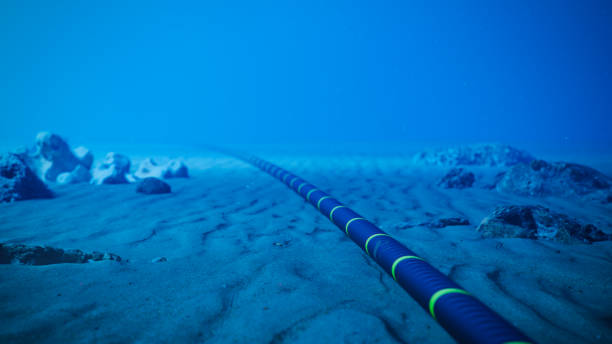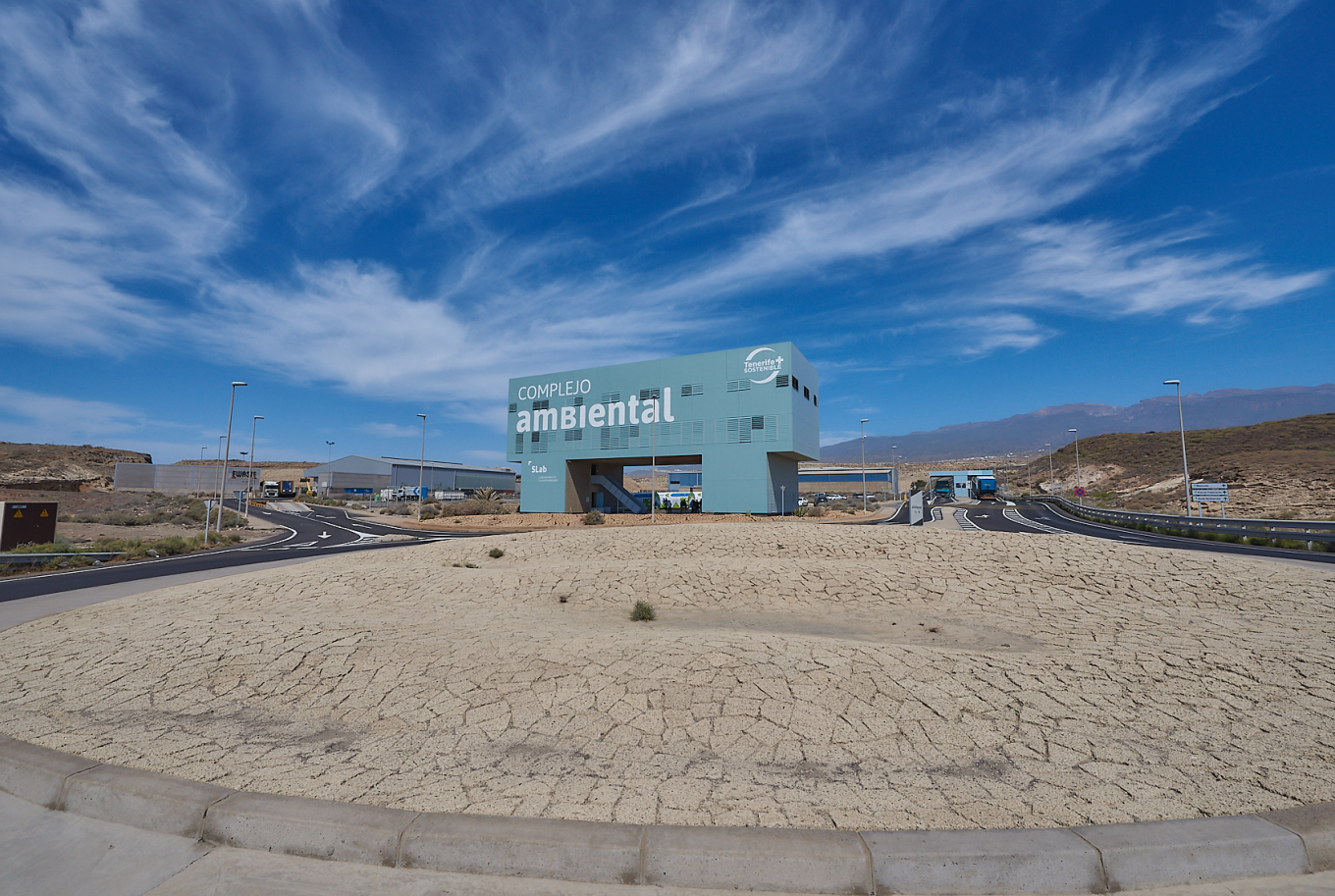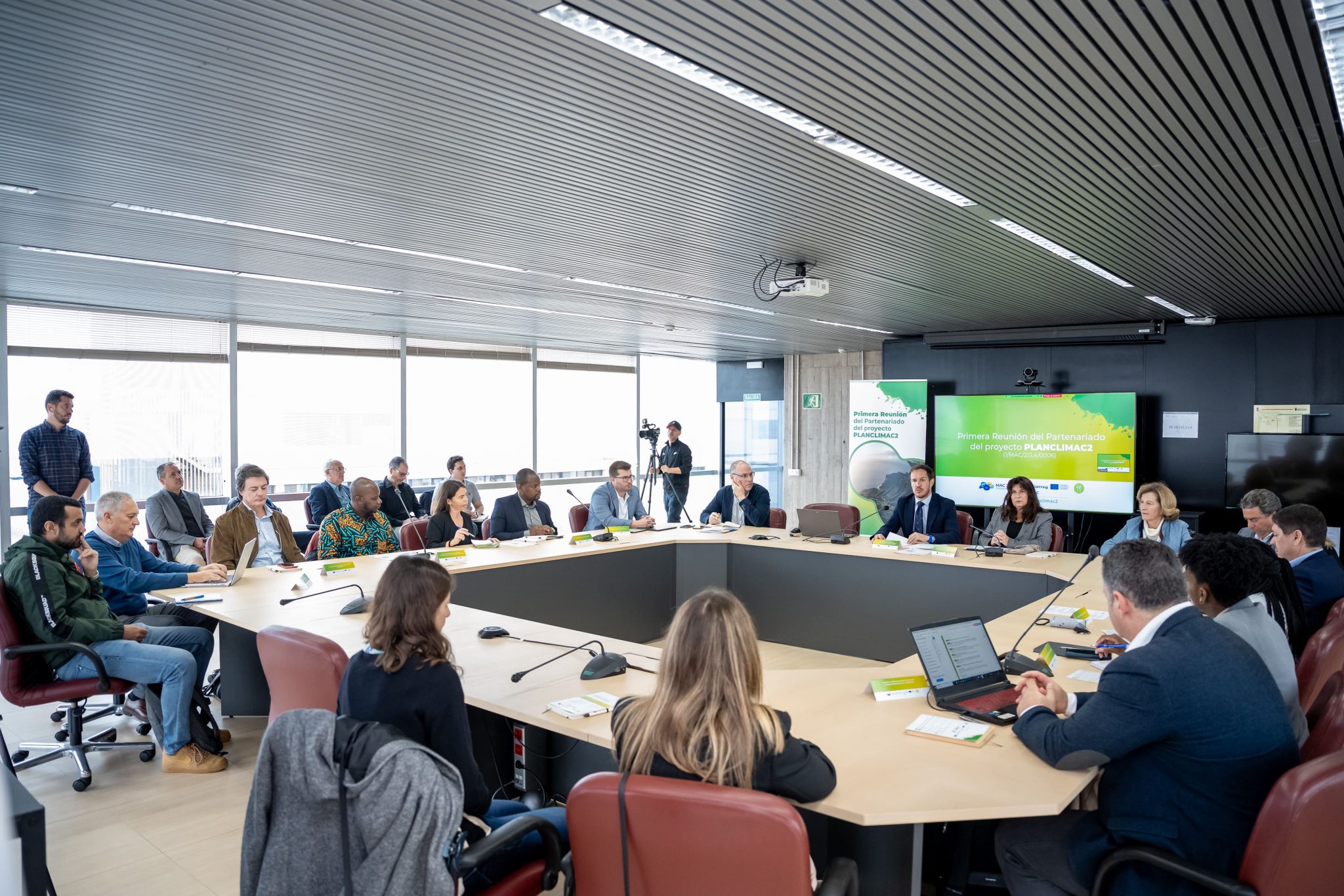The European ENEPORTS project has a budget of 2.8 million euros and is co-financed by the European transnational cooperation program Atlantic Area 2021-2027.
In the ports of Granadilla (Tenerife), Ferrol (Galicia) and Leixões (Porto), three pilot projects will be implemented to demonstrate how digitalization and Artificial Intelligence enable ports to become green energy generation centers, at competitive prices, as well as innovation laboratories for new renewable energy prototypes.
The Institute of Technology and Renewable Energy (ITER), an entity under the Cabildo of Tenerife, participates in a European project aimed at showing the essential role of digitization in the decarbonization of ports and in the efficient consumption and generation of green energy.
The project, called ENEPORTS, which will be launched in November this year and will last 3 years, has a budget of more than 2.8 million Euros and is co-financed by the European Union’s transnational cooperation program “Atlantic Area 2021-2027”.
Together with ITER, the Port Authorities of Tenerife, Ferrol (Galicia), Leixões (Portugal) and Galway (Ireland), the University of Galway, the Builders École d’Ingénieurs, and the Instituto Tecnológico de Galicia (ITG), which is leading the project, are participating.
One of the main actions foreseen in the project will be the implementation of three pilot projects in the ports of Granadilla (Tenerife), Ferrol (Galicia) and Leixões (Porto), which will serve as test beds for both land and marine renewable energy technologies .
Thus, ENEPORTS will include the deployment in these ports of hydrogen storage or production systems, as well aspower supply for maritime and land transport, and will increase the green energy available from different technologies. In total, the three ports foresee the installation of more than 70 megawatts until 2030.
One of the challenges of this deployment is the efficient management of energy flows generated by renewable sources and the integration of the hybridization of technologies in a safe way, while maintaining the quality of energy supply needed in ports. In this sense, the three ENEPORTS demonstration pilots will allow to examine how digitalization and Artificial Intelligence (AI) can contribute to this efficient management.
Pilot experiences in digitization and green energy generation in ports
Three pilot projects will be implemented in the ports of Granadilla (Tenerife), Ferrol (Galicia) and Leixões (Porto) based on the development of intelligent platforms for energy monitoring and management. The aim of the deployment in these ports is to demonstrate in a practical way the viability of port renewable energy communities. These platforms will use advanced analytical tools, such as predictive algorithms, digital twins and machine learning, to efficiently control energy flows and internal energy market rules, while ensuring interoperability and cybersecurity.
In addition to the implementation of hydrogen storage and production technologies, ENEPORTS will study the feasibility of using, in a port area, an innovative multi-source device for energy production through mooring line tensioning, in combination with a hydro turbine and solar panels. The feasibility of a shore power system (OPS) device for tugboats, based on a hydrogen-fueled combustion generator, will also be tested and compared with other existing technologies.
The project will study the economic, environmental, social and technological impacts of the hybrid systems implemented, and will create replicable methodologies for port authorities to involve industries and administrations, and raise awareness of the benefits and social acceptance of green ports.
ITER brings its experience in renewable and hydrogen pilots and energy management and data monitoring.
ITER’s role in this European project will range from the study of the integration requirements of various energy sources and power quality criteria in self-consumption systems, to the electrical simulation of the grid for the identification of stable operating conditions of hybrid energies, combining generation and storage sources. In addition, ITER will be responsible for validating hydrogen technologies for integration into port power supply systems (OPS).
In relation to the digitalization of these infrastructures, ITER will first carry out the tasks of installation and commissioning of the monitoring equipment network. Then, it will work on the development and deployment of an intelligent digital platform for the monitoring and energy control of the infrastructures, and will finally be responsible for the exploitation of the data using artificial intelligence techniques to generate a decision-making tool in the operation of the energy system in the port area.
In addition, the Institute will assume an active role in the capitalization and dissemination of the knowledge acquired during the development of the ENEPORTS project.


